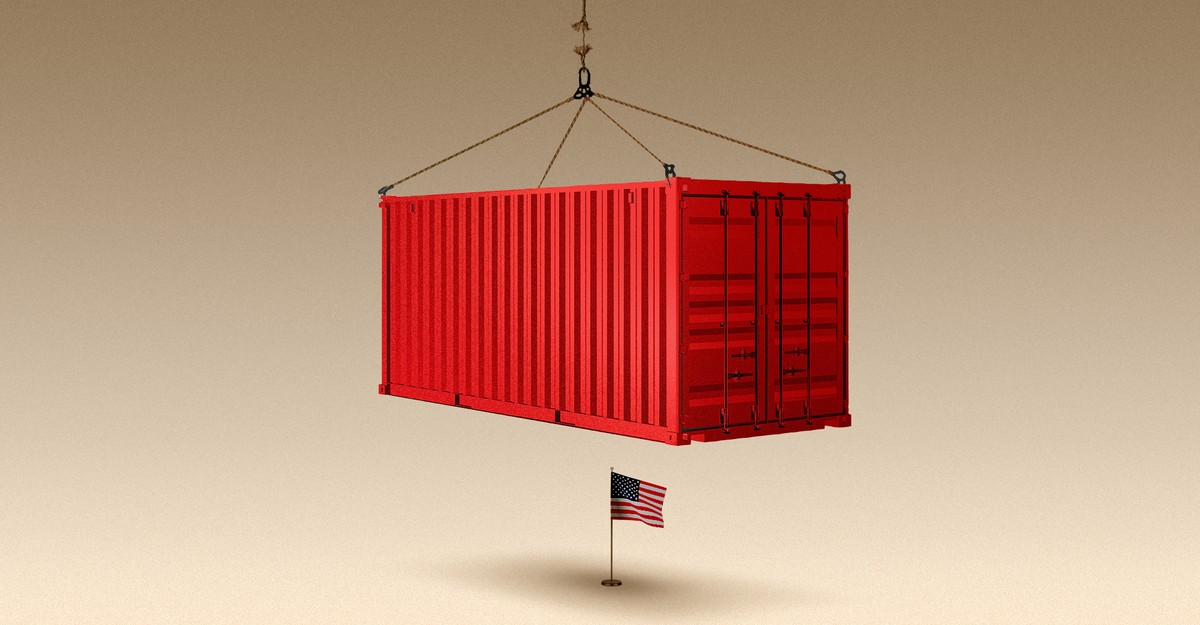Donald Trump has often claimed that trade wars are easy to win, but this assertion could prove to be one of the most damaging misconceptions. Recently, Trump announced that deferred 25 percent tariffs on Mexico and Canada will take effect, and existing tariffs on Chinese goods will double. Whether this is a bluff remains uncertain. Protective tariffs risk setting off a cycle of escalation harmful to all parties involved. Initially, consumer prices rise. The public understands that tariffs exacerbate inflation; the anticipation of future inflation drives current inflation, prompting consumers to stockpile goods in anticipation of price hikes. Moreover, tariffs increase costs for domestic manufacturers reliant on foreign materials, rendering their products less competitive internationally—consider the U.S. auto industry’s use of foreign steel and aluminum now subject to significant import duties. Foreign trading partners often retaliate with their own tariffs, further diminishing the competitiveness of domestic products. Additionally, tariffs strengthen the dollar, making American goods more expensive abroad. As former Secretary of State Cordell Hull stated, “A prohibitive protective tariff is a gun that recoils upon ourselves.” Beyond economic harm, trade wars can escalate into military conflicts. The discontent with globalization traces back to Henry Bessemer’s invention of the blast furnace in 1858, which drastically reduced the cost of high-quality steel. This innovation enabled cheaper transportation and overwhelmed markets with affordable goods, leading to demands for protective tariffs and triggering prolonged global trade wars. Even a century ago, economists understood the corrosive effects of tariffs. In 1930, 1,028 economists petitioned President Herbert Hoover to veto the Smoot-Hawley Tariff Act, warning it would raise living costs and harm most citizens. Despite this, Hoover signed the bill. Although the economic damage from Smoot-Hawley was relatively mild, its geopolitical repercussions were severe, inciting boycotts, personal insults against Americans abroad, and crippling Germany’s ability to recover from Versailles reparations. Economic historian Albert Hirschman noted that trade wars sharpen national antagonisms and provide nationalist leaders with tools to arouse resentment. America’s leaders learned that protection invites retaliation, not just economically but politically. In 1945, recognizing the importance of dismantling tariff walls, American officials laid the groundwork for today’s globalized economy through institutions like the International Monetary Fund and the World Trade Organization. While free trade does not benefit everyone equally, its broad advantages far outweigh the concentrated harms. The potential for tariff-driven economic damage is greater now than in the 1930s due to increased global trade and complex supply chains. However, the widespread ownership of stocks and bonds today might prevent a full-blown trade war, as investors are sensitive to protectionism’s economic threats. — news from The Atlantic
